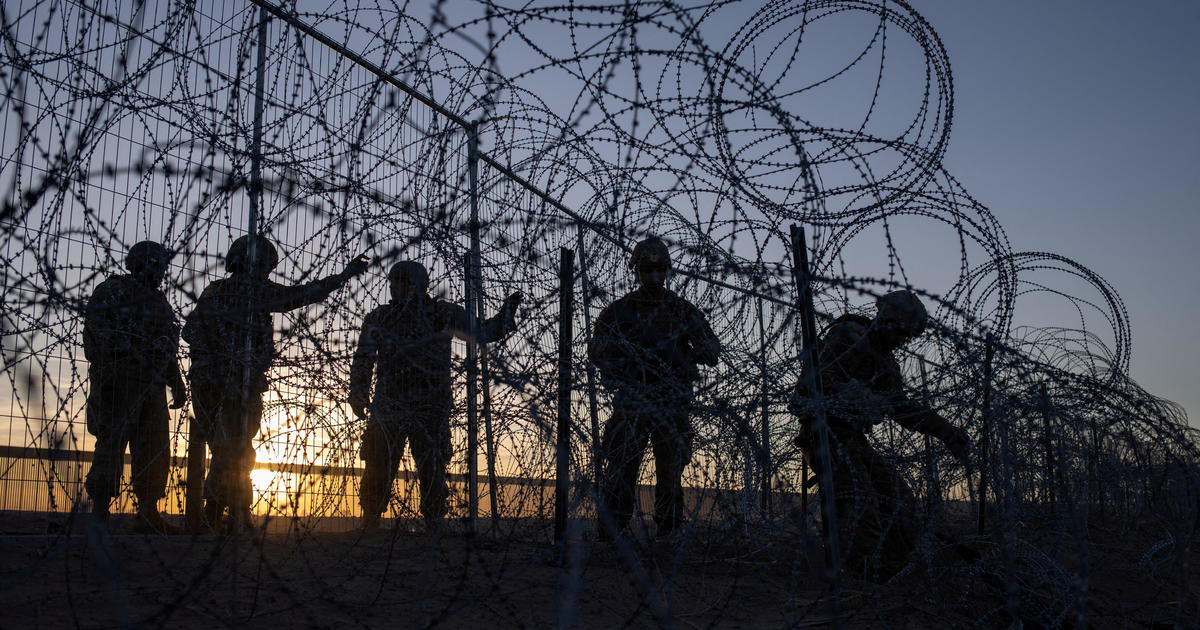A grand jury in El Paso, Texas indicted over 140 migrants on misdemeanor rioting charges stemming from an alleged mass attempt to breach the U.S.-Mexico border. The incident took place on April 12, with authorities stating that it began when someone in the group cut through a razor wire barrier. Despite no reported injuries, mass arrests followed this incident as well as a separate episode in March. However, on Monday, a judge dismissed the charges against those arrested in April, citing insufficient probable cause. The public defender representing the migrants argued that there was not enough evidence and accused authorities of seeking publicity.
El Paso County District Attorney Bill Hicks stated that the grand jury, representing the citizens of El Paso, overruled the judge’s ruling and found probable cause to believe that the riots did occur. Hicks emphasized the importance of upholding the law and not allowing individuals to breach barriers, endanger lives, and cause fear among law enforcement officials. The arrests have brought attention to Texas’ efforts to curb illegal crossings, with Governor Greg Abbott deploying additional National Guard members to the border. Hicks, who was appointed by Abbott, noted that it is uncommon for a grand jury to indict misdemeanor cases but believed it was fair to present the cases before them. Since March, over 350 individuals have been arrested on rioting charges in the area.
If convicted, the individuals charged could face up to 180 days in county jail and a fine of up to $2,000. Despite these charges, those in jail may still face federal charges, with U.S. Immigration and Customs Enforcement agents having the authority to pick them up and process them for illegal entry offenses. The public defender representing the defendants expressed concern over the situation, emphasizing that these individuals are being used as political pawns by government officials. Childress-Diaz noted her dismay at the treatment of these individuals and the implications of their arrests.
The indictments highlight the ongoing challenges at the U.S.-Mexico border, where efforts are being made to address illegal crossings. The involvement of the National Guard and law enforcement officials underscores the seriousness with which authorities view breaches of the border. The legal proceedings surrounding these cases will continue to unfold, with potential implications for the migrants involved. As the situation evolves, it remains to be seen how the justice system will address the charges and the broader issues surrounding border security and immigration enforcement.









